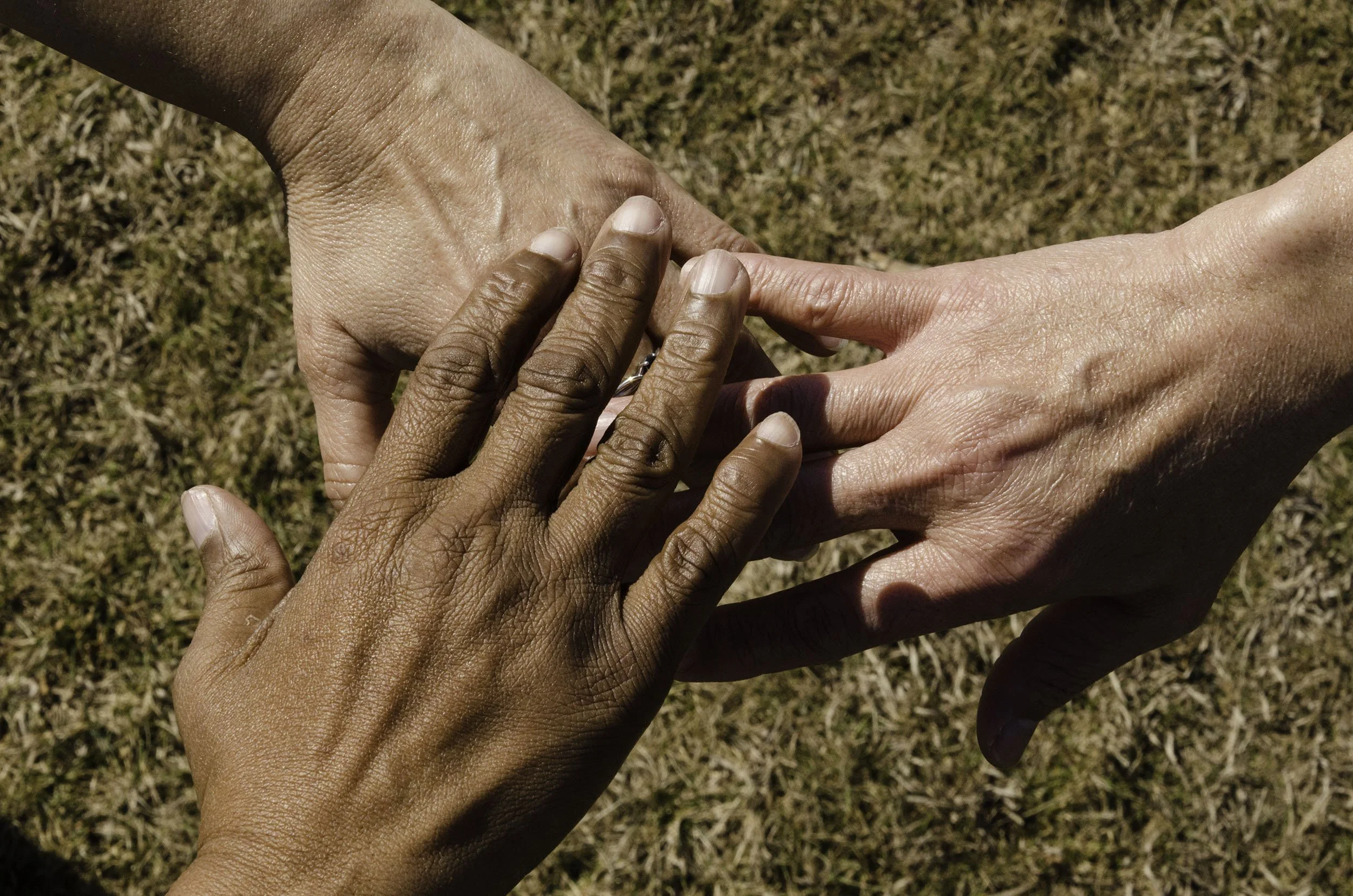Five Benefits of Group Therapy, An Underrated Practice
Maybe you’re transitioning to college and want to find a supportive community. Maybe you recently gave birth and hope to meet people in the same situation. Maybe you’ve experienced trauma or feelings of anxiety or depression and have considered therapy, but you’re not sure it fits into your budget. In any of these cases, joining a group therapy practice might be right for you. Group therapy is one of the most underrated types of therapy and offers unique benefits. We’ll go over what group therapy is—and isn’t—before giving you the lowdown on five key benefits of group therapy.
What is a group therapy practice?
You may know a group therapy practice is led by a trained psychotherapist and contains a small group of members. Here’s what you may not know about group therapy:
A group therapy practice isn’t a support group. Beyond helping you deal with an immediate problem, group therapy focuses on long-term psychological change.
Group therapy is more than venting to others. Beyond telling your story, expect to engage deeply with fellow members of your group therapy practice.
Not just anyone can run a group therapy practice. Group therapy should be facilitated by a trained psychotherapist, like the members of our Providence, RI team. Professionals know how to encourage beneficial therapeutic processes and avoid harmful situations.
A group therapy practice isn’t a downgrade from individual therapy. It has benefits that one-on-one therapy doesn’t. It can also be effective when combined when one-on-one therapy.
Five benefits of a group therapy practice
Now that you have a better understanding of group therapy, here are five proven benefits of group therapy.
Social connections
A strong social network is crucial for people facing mental health challenges. Joining a group therapy practice is a great way to build connections with others. Group therapy can help you feel less alone, help you stay accountable for making positive change in your life, and empower you to take another perspective on your situation.
Coming to a safe space regularly can provide you this valuable sense of community. And some studies show group therapy participants form connections that extend beyond regular sessions.
Normalize experiences
Members of your therapy group can understand you in ways most other people can’t. They’ve often faced similar emotions and situations as you, whether it be feeling anxious, dealing with trauma, or getting used to life with a newborn. For example, in a study of women with postnatal depression who participated in a group therapy practice, many women spoke to the benefits of realizing that their symptoms and feelings were common. In addition, a psychotherapist might not have the same background or identities as you. In a group therapy practice, it’s much more likely you can find someone who shares these crucial parts of who you are.
Scientifically proven
If you’re more scientifically minded, you might be wondering what the evidence says about the benefits of group therapy. You’re in luck—there’s ample scientific evidence that group therapy practices can help people with feelings such as anxiety and depression just as much as other common treatments, such as individual therapy or medication. And group therapy is much better than no treatment.
Access
Let’s get real: It’s not always easy to access mental health care, even when you think you need it. In Providence, RI, people who try to find therapists can be hindered by the high cost of therapy and long wait times to see a therapist.
This is why group therapy can be a great option. It’s often more affordable than individual therapy. In addition, group therapy practices allow therapists to provide services to multiple people at once, reducing wait times.
Social skills
Individual therapy has a variety of benefits, but a group therapy practice can offer things individual therapy can’t. Group therapy involves interacting with others. If you sometimes have trouble in interpersonal situations, participating in a group therapy practice can help you develop social and emotional skills. Moreover, if you ever worry about facing judgment from others or have trouble establishing close relationships, group therapy can benefit you unique ways.
Conclusion
Now you know that group therapy is more than a support group and isn’t a downgrade from individual therapy. In fact, group therapy practices are led by trained professionals who know how to facilitate therapeutic processes and create long-term psychological change. There are many benefits of group therapy practices: they can help you make social connections and normalize your experience. They’re scientifically proven and often more accessible than one-on-one therapy. And they provide a unique setting to help you work on interpersonal relationships.
FAQs
What makes a group therapy practice different from individual therapy?
In a group therapy practice, you can find a social support network with people facing similar challenges. This network can help show you you’re not alone and that your experiences are common—or help you learn to develop strong relationships with others.
Who is group therapy not right for?
Group therapy may not be right for you if you’re very concerned about your privacy. However, group therapists are used to fostering atmospheres where participants protect each other’s confidentiality. Also, depending on your style of interacting with others, group therapy may not be a good fit. In these cases, consider looking into other mental health resources in Providence, RI.
Where can I find a group therapy practice in Providence, RI?
Dyad Psychology, centrally located on Waterman Street in Providence, RI offers group therapy. Our groups meet twice a month for 90 minutes. For more information, check out our services here.


